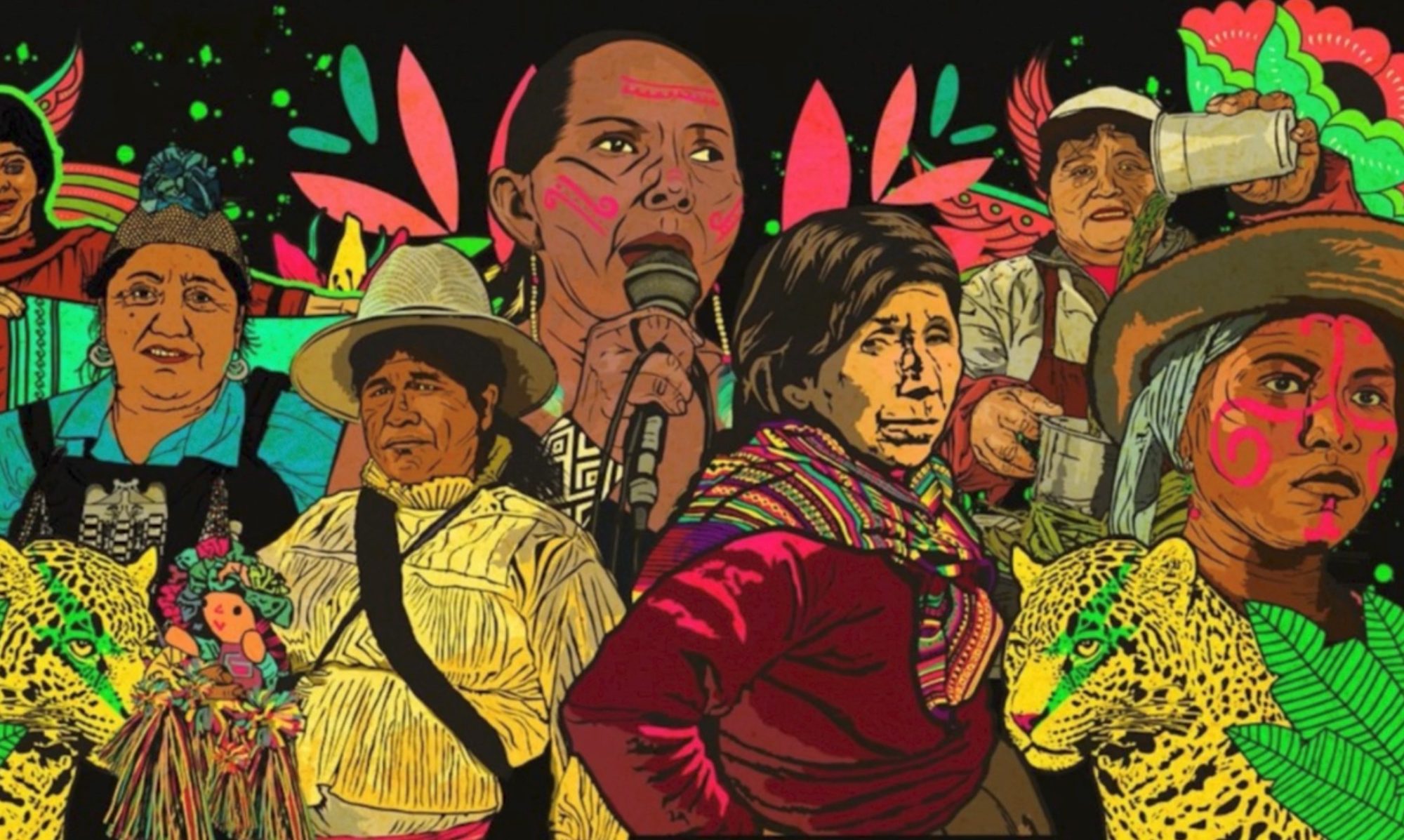by Jonah Kaufman-Cohen
This video essay attempts to illustrate the interactions of dictatorship and the patriarchy as they appear in Mohammed Males’s film Passion . While the film mainly deals with the
oppression of women by men, much of the subtext deals with the role of the dictatorship in such a system. Two principle acts of Passion graphically illustrate the malicious effects of the patriarchy on the women of Syria. The first, which this essay centers around, is the taking of the young girl Joumana to live with her uncle. The second is the movie’s climax in which the protagonist is murdered by her male relatives. While these two acts easily move to the fore, the film is laced with disparaging remarks, unfounded suspicion, and moral shaming directed by nearly all of the film’s men against the women. Malas is not shy about shining a spotlight on this type of interpersonal oppression; however, he must remain cautious when it comes to criticizing the role of the dictator. Because Passion was subjected to Syria’s censorship panel, no critiques of the government could be made openly. It is the undertones of Passion which reveal Malas’ true message.
Syria’s history is one of dictatorship. Long before the Ba’athists came to power in the early 60s, Syrians were subjected to rule without law and governance without representation. However, it was really the Ba’athists, under the Assad family, that spread the authority of the state into film making. For directors such as Malas, every film they make must be run through a board of censors. In fact, while working on one of his films, Malas was told by the government
that his brother would be tortured to death if he did not cut a controversial scene. This video essay attempts to circumvent the censors and uncover Malas’s critique of the dictatorship.
In Passion , Abu Sobhi explains that “honour is what distinguishes men from weaklings.” This contrast establishes that the opposite of a man is not a woman but a weakling. Thus, to be a man one must have power and agency. In a dictatorship, the government robs all people of power and agency. Thus, the dictatorship emasculates men. In Abu Sobhi’s case, this comes when he is booted from a promising army career because of his nephew’s rebelliousness. While a colonel in the army, Sobhi would have felt the power that comes with a role in the dictatorship. When he falls from favor because of something a relation did, he realizes that he never had real power. Before he knows it, Sobhi is trading in his uniform for a job butchering chickens. We know all of
this from but one scene. It is the scene that forms the crux of this essay. This is the closest Malas comes to taking on the dictatorship head on. Even so, he does it through an act of seeming veneration. Sobhi walks over to the three portraits of the reigning family, Bashar alAssad, Hafez alAssad, and Ali alAssad, and laments his powerlessness. So once the dictator has taken all power from the men and reduced them to weaklings, what are they to do to rescue their masculinity? Why oppress the next rung down of course. In this way, dictatorship far exacerbates the problems of the patriarchy. The dictator takes power from the men who in turn take power
from the women.
References
- Alkassim, Samirah, and Nezar Andary. The Cinema of Muhammad Malas: Visions of a Syrian Auteur. Palgrave, 2018.
- Malas, Muhammad, director. Passion. General Organization for Cinema, 2005.
- Rasha, Salti. Insights Into Syrian Cinema: Essays and conversations with contemporary Filmmakers. ArteEast, 2006.
